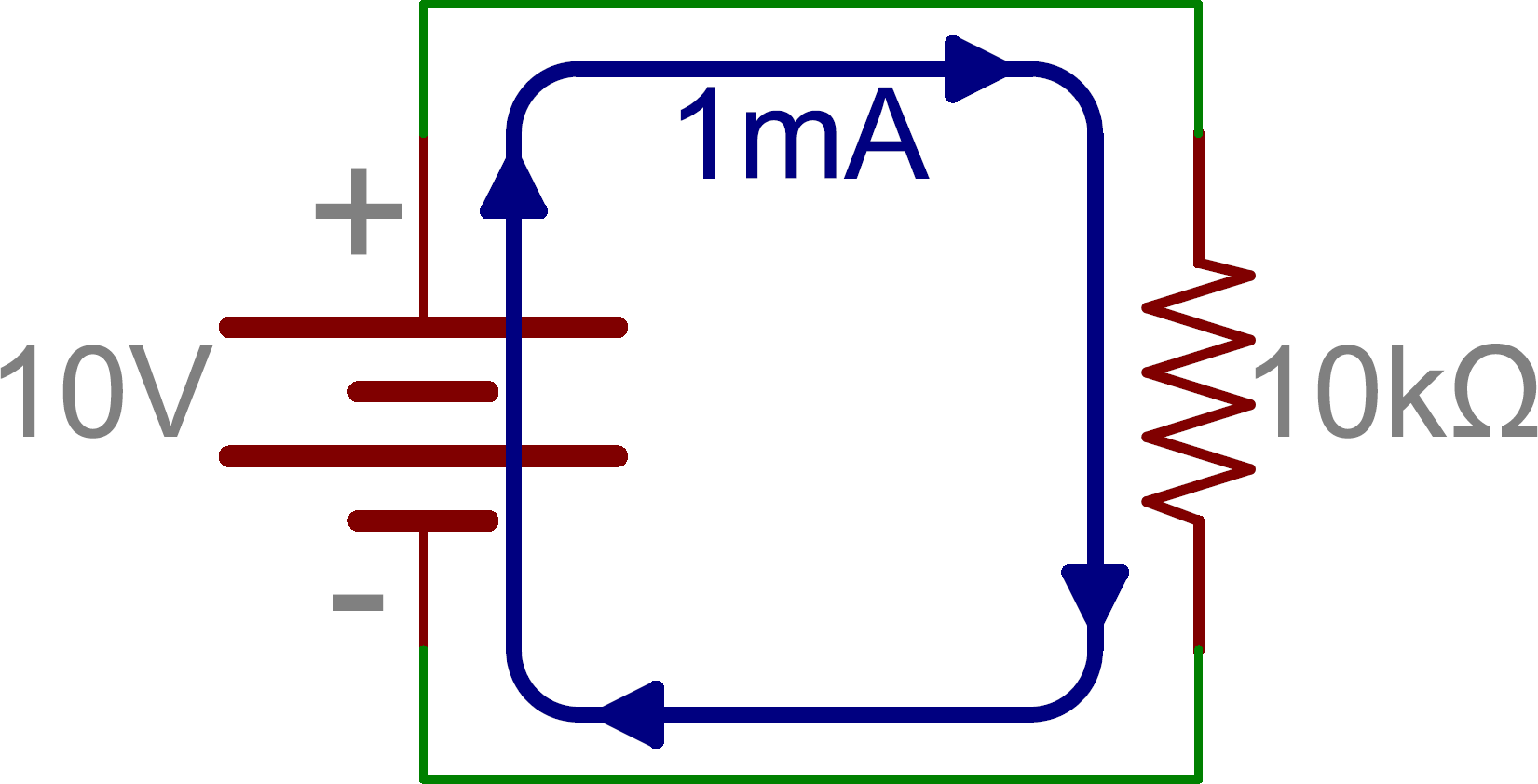What is a series parallel circuit combination circuits electronics textbook beginners guide to calculating cur in voltage formula drops lesson transcript study com how calculate across resistor with pictures combined example physics tutorial and learn sparkfun dc examples solved for the req chegg er week15 section 2 picture of properties 1 3 equivalent resistance ppt ohm s law calculations simple support engineering component solution forum techforum digi key analysis instrumentationtools electrical academia connection resistors should i drop quora online detail explaination sm tech inst tools electronic chapter 6 seriesparallel topics covered ohms l4 physical computing when you have loads connected there any load that on overview power calculator dipslab calculation electrical4u lessons electric volume 7 do r2 r3 r4 form or find all total brainly given as follow potential each b d 0 10 points following resister vcltage orep senes arcurt aja q aloes v dtolal resislare techniques 5 prelab draw eet 1150 unit 9

What Is A Series Parallel Circuit Combination Circuits Electronics Textbook

A Beginners Guide To Calculating Cur In Parallel Circuits

Voltage In A Series Circuit Formula Calculating Drops Lesson Transcript Study Com

How To Calculate Voltage Across A Resistor With Pictures

Combined Series Parallel Circuit Example

Physics Tutorial Combination Circuits

Series And Parallel Circuits Learn Sparkfun Com

Dc Circuit Examples
Solved For The Series Circuit Calculate Req Cur And Chegg Com

Er Week15 Combination Circuits

Section 2 Series And Parallel Circuits Picture Of Circuit Properties 1 Cur Voltage 3 Equivalent Resistance Ppt

Ohm S Law Calculations In A Simple Dc Circuit Support Engineering And Component Solution Forum Techforum Digi Key

Voltage In A Series Circuit Formula Calculating Drops Lesson Transcript Study Com

Series Parallel Resistor Circuit Analysis Instrumentationtools

Physics Tutorial Parallel Circuits

Series Parallel Circuit Examples Electrical Academia
In A Circuit With Series And Parallel Connection Of Resistors How Should I Calculate For Voltage Drop Quora

Series Parallel Circuits Ppt Online
What is a series parallel circuit combination circuits electronics textbook beginners guide to calculating cur in voltage formula drops lesson transcript study com how calculate across resistor with pictures combined example physics tutorial and learn sparkfun dc examples solved for the req chegg er week15 section 2 picture of properties 1 3 equivalent resistance ppt ohm s law calculations simple support engineering component solution forum techforum digi key analysis instrumentationtools electrical academia connection resistors should i drop quora online detail explaination sm tech inst tools electronic chapter 6 seriesparallel topics covered ohms l4 physical computing when you have loads connected there any load that on overview power calculator dipslab calculation electrical4u lessons electric volume 7 do r2 r3 r4 form or find all total brainly given as follow potential each b d 0 10 points following resister vcltage orep senes arcurt aja q aloes v dtolal resislare techniques 5 prelab draw eet 1150 unit 9